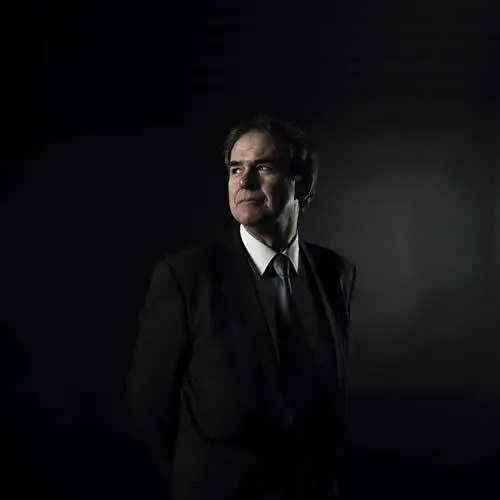Since its inception in 1991 Professor Richard Taylor has been responsible for key relevant sections of the annual edition of Blackstone’s Criminal Practice.
It is a single point of reference for the criminal courts, widely used in everyday practice in all Crown Courts and relied on by legal practitioners and judges. Its use within appellate courts has created new law and led to refinements to the law both in the UK and overseas.
Taylor’s research involves clarifying and interpreting a wide variety of new developments in case law and legislation. This has resulted in his work having a sustained and continuing impact on the development and application of the criminal law. His insights include developing the correct approach to thorny logical issues when juries are not unanimous in homicide verdicts; addressing the question of how the new householder defence has influenced how much force is permissible in self-defence and his work has also influenced the question of whether the defence of insanity is available in crimes of strict liability. He has also written on the question of whether the reform of hate crime is best served by extending the list of hate crimes or, whether it would be better to use an enhanced sentencing regime. His comments were copiously cited by the Law Commission in their 2014 Report recommending that there should be a wider review (now underway) of this controversial area of the law.
Chapters of Blackstone written by Taylor have been regularly cited, quoted and adopted by the courts in developing and modifying existing legal principles. In the latest edition (December 2020) of the Crown Court Compendium for trial judges, Blackstone is cited at the start of each section and approximately 20% of the references are to Taylor’s material. Taylor’s work has been cited in courts at every level including in the UK in the Supreme Court, Court of Appeal, High Court and Court of Appeal in Northern Ireland and internationally in the Caribbean and in Hong Kong.


